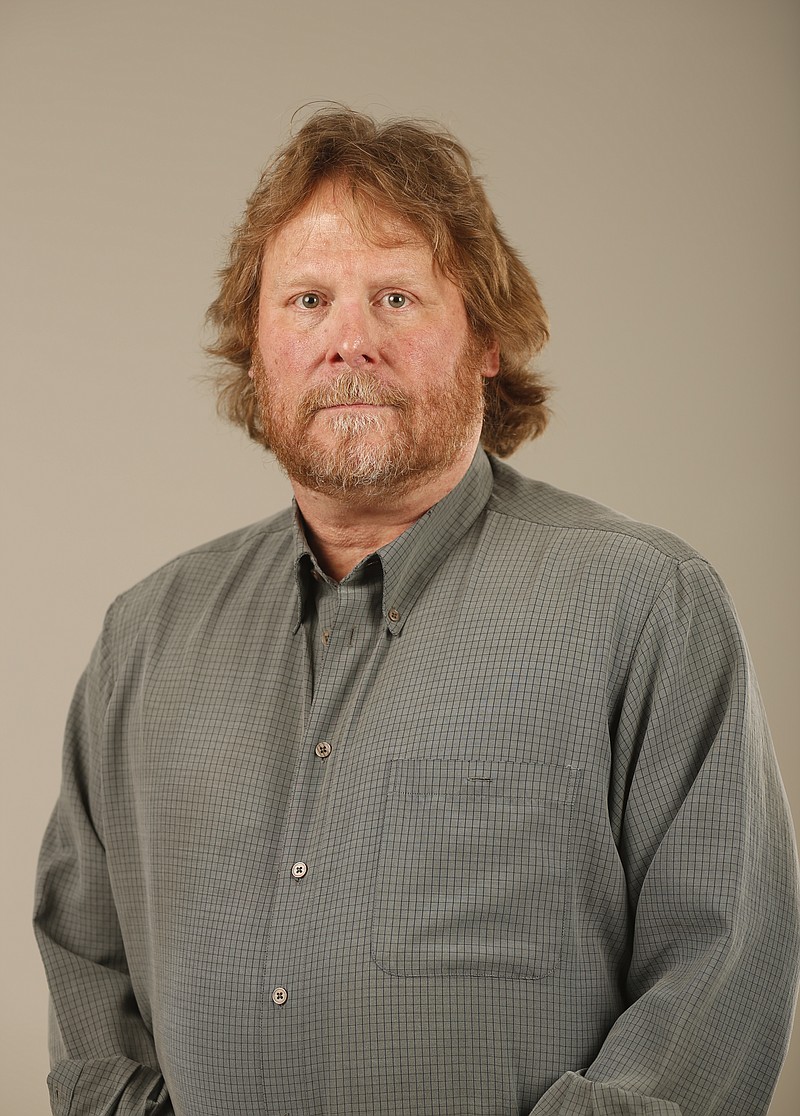I don't remember the July 16 shootings in Chattanooga, the ones that killed four Marines and one sailor.
Oh, I was here. In fact, I was in the Times Free Press newsroom from 8 a.m. until about 11 p.m. the day it happened; I edited stories about it. Although I'm Features Editor, when a story that big breaks, people from all parts of the newsroom pitch in. It's the way journalism works.
Still, I don't remember any of it.
Why not?
I had a bout of amnesia.
Turns out, amnesia isn't just a plot device on bad soap operas; it's real. I've lost about six days of my memory, basically everything from the day of the shootings and the five days after. Don't have a single image in my head about those days. Don't expect to ever get them back.
Here's how it happened: Everything was fine until five days after the shootings, a Tuesday. I went home to grab a quick lunch and, while sitting down in my recliner, I nodded off. Couldn't have been more than 15 minutes before I woke up. But it wasn't a yawn-and-stretch wake-up; I sat bolt upright in a panic.
"Did I go to work today?" "What day is it?" Those questions galloped through my head. I simply couldn't remember.
I called my wife, Lori, and left a message, asking her if I'd gone to work that day. As I walked around the house, scrambling through my memories - or trying to, they weren't anywhere to be found - I sweated so much I had to change my shirt.
But eventually, even though I couldn't remember anything, I looked at my cellphone and saw that it was about 1:30 p.m. on Tuesday. The remains of the lunch I'd prepared were on the kitchen counter, so I finally figured that, yes, I must've gone to work. So back I went and finished the day, apparently without any serious issues. I say "apparently" because that day is gone, too.
When I got home, Lori, already alarmed by my frantic phone message, immediately noticed that I was still acting weird, asking the same questions over and over. She said, "C'mon, we're going to the emergency room. Something is wrong with you."
We live about one mile from Parkridge Hospital, but in the time it took to get there, I asked, "I know we're going to hospital because of me, but why exactly?"
Lori feared stroke; I feared nothing. I wasn't even sure what was going on.
At the hospital they did a CAT scan, an EKG, chest X-ray, blood work, you name it. Everything came back clear and fine. No stroke, no nothing. Not even a pimple. Finally, the doctor came in, handed Lori some printed-out papers and said, "This is what happened."
Transient Global Amnesia.
Ever heard of it? Me neither.
It's rare, about five in every 100,000 people get it, and it almost never happens again. It's been an accepted diagnosis since the 1950s, but even now no one is quite sure what causes it or what it does to erase memories. There's a theory that blood vessels temporarily contract inside the hippocampus, the part of the brain that facilitates short-term memory storage. Any memories formed within the last few days are basically erased, like emptying the trash on your computer.
But it also can be triggered by such problems as atherosclerosis, brain aneurysms, epilepsy and migraines. None of which I have.
The good news is that it only affects short-term memories. I never forgot my family or their names or where I worked or the people I work with on a daily basis. But it did make me temporarily forget the names of people in the newsroom whom I know but don't interact with much.
"What's her name?" "Who is that guy?" I asked my staff on a couple of occasions in the first few days after the incident. The moment they told me the person's name it was, "Oh, of course." I haven't lost those memories again.
I also found it hard to focus for a while. There were moments when I sat down at my work computer, ready to do the tasks that I have done every day for years, and I had to pause and think, "OK, where do we keep the stories in our computer system and how do I get to them?" or "What columnists do I need to edit on Monday?" I finally made lists to help remind me.
Basically, I didn't feel sharp, like the cleanly defined parts of my brain, the parts that make the decisive decisions that we all make every day, had rounded-off corners. I felt like a formerly sharp knife that had been left out in the rain to rust and dull.
After a couple of days, all the memories of how to do my job came back; eventually, the rounded-off corners regained their edges. I no longer need the lists; I know everyone's name.
I'm back to being as normal as I'll ever be. I just hope I haven't forgotten some important part of me. If I have, it may be gone for good.
Contact Shawn Ryan at sryan@timesfreepress.com or 423-757-6327.
